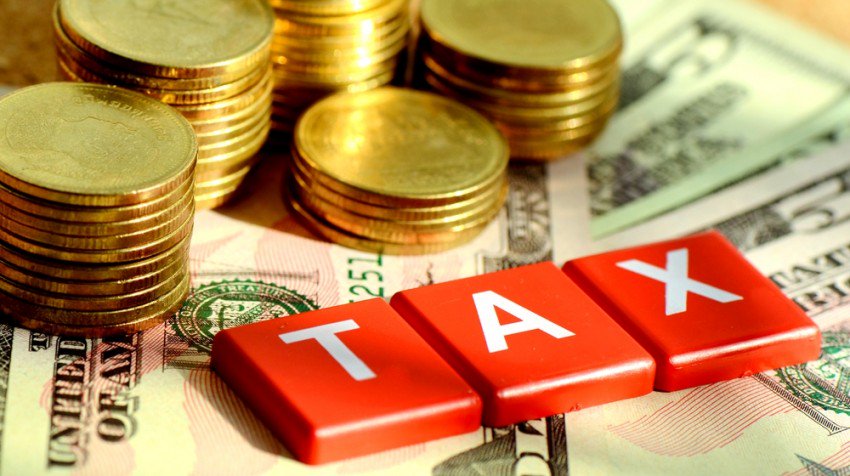Global tax: lights, shadows and unknowns. Wsj report

At what point is the global tax according to the Wall Street Journal
On Friday, when officials from 136 countries agreed on new rules for corporate taxation, the super-tax lobby reached a much-desired deal. The focus now shifts to the national governments responsible for implementing this agreement, and the US Congress in particular should try to figure out what it is getting drawn into.
The global tax deal more or less follows the versions previously drafted this year by the G7 finance ministers and then by some 130 governments through the Organization for Economic Co-operation and Development (OECD).
The plan is based on two pillars. The first is a major revision of the century-old rules for taxing large companies, which looks above all to technology companies. The second is a new global minimum tax rate of 15%, which should limit competition between governments on tax policy – writes the WSJ in its editorial .
The deal was possible because the Biden administration broke with the longstanding bipartisan consensus in Washington that such a deal would be bad for American business. Democrats want to impose much higher American taxes on the profits of American companies at home and abroad, and they think the pill will be easier to swallow if lawmakers think other countries are proceeding with increases in their taxes.
Treasury Secretary Janet Yellen's statement, which heralded the OECD deal, included an appeal to Congress to pass its tax increases “quickly” now that a global deal is in place.
Before following this bad advice, lawmakers may want to know how this global deal crossed the line. Quick summary: Other governments blocked the lowest minimum tax rate they could, and then tried to delay full implementation for as long as possible.
Ireland is an exemplary case. The Celtic tiger could not resist immense pressure from its neighbors and the United States to drop its 12.5% rate, and this week it accepted the OECD's request of 15%, but on its terms. In the summer, the OECD proposals spoke of a rate of "at least 15%" and, at the behest of Ireland (and Switzerland), that "at least" has now disappeared.
Dublin also got a separate pledge that the European Union (of which Ireland is a part) will not expand its tax rules beyond the OECD agreement when Brussels legislates to implement the global deal. This ensures Dublin can maintain its tax rate of 12.5% for companies with annual revenues below the OECD threshold of € 750 million and prevents France and Germany from using the OECD agreement as an excuse to raise European taxes. .
The message of all this to Congress is that the rest of the world will not easily allow a global minimum tax rate to drift upward to equal an uncompetitive US rate, no matter what Yellen hopes.
There were also other changes to get the final deal. Switzerland has insisted on more generous exemptions for payroll costs and fixed investments than the initial OECD proposal. Hungary called for a longer phasing out for those exemptions (10 years, instead of 5), and Estonia only signed after it determined the deal would not raise taxes on Estonian companies.
Even after this haggling, the countries participating in the OECD process are years away from implementing all of this. Once the final text of a pact is signed, each of the 136 governments will need to revise its national tax law in line with the global agreement.
But don't assume that eventually everyone will. The accompanying tech tax also requires changes to bilateral tax treaties that could take years to ratify.
Yellen and progressives hope that the OECD's global tax deal will provide political cover for imposing much tougher taxes in the United States, but there is a limit to how much other governments will hinder their companies with higher taxes. Democrats want to raise taxes in the United States now, while overseas tax hikes are a long way off.
The global tax project is a bad policy that will reduce tax competition that has helped countries like Ireland attract more investment and grow faster. It serves the interests of the political class, not the workers. But Congress shouldn't aggravate the damage by making US taxes even more onerous than Yellen's reckless Global tax does.
(Extract from the foreign press review by Epr Comunicazione)
This is a machine translation from Italian language of a post published on Start Magazine at the URL https://www.startmag.it/economia/global-tax-luci-ombre-e-incognite-report-wsj/ on Sat, 16 Oct 2021 05:28:04 +0000.
